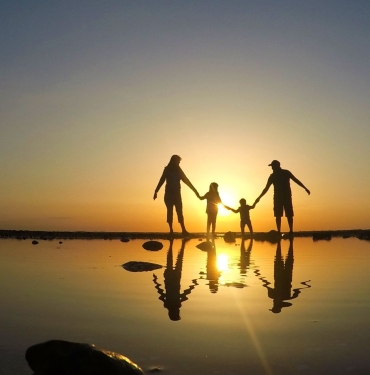The World Health Organization has been celebrating the last week of April as World Immunization Week since 2003.
This year, due to Vaccination Week, efforts are being made to explain the importance of getting vaccinated.
Experts say the vaccine is the greatest discovery in world history.
President of the Infectious Diseases Association, Prof. Dr. Mehmet Ceyhan explained that the lives of 3 million children in the world are saved every year by vaccination.
“If we can improve this further, if we can vaccinate more children, then we have the chance to save 2 million more children.”
“It is not possible to compare the vaccine with any other issue”
Ceyhan emphasized that vaccination is the most positive development in the world that contributes to human health and life, and therefore its importance.
“According to our calculations for Türkiye, 14 thousand 296 children are saved from death every year with the vaccination we are currently implementing. The vaccine, which we commonly call the pneumonia vaccine, has been added. The deaths of 2,500 children were prevented. That's why the vaccine is extremely important and it is absolutely impossible to compare it with any other issue.
According to the information provided by Ceyhan, the cost of preventing one death with a vaccine is approximately 1 dollar.
“The cost of preventing death by quitting smoking is $10. When we compare the cost of saving lives with vaccination around the world, it is not possible to find a cheaper method than vaccination. It is extremely effective. Do not think that vaccination only prevents infectious diseases. Since most diseases also cause other diseases, the most effective method of preventing cancer, for example, is vaccination. That's why vaccination is cheap, effective and a common practice all over the world.”
Prof. Dr. Ceyhan also points out that there has been an increase in anti-vaccination sentiment in Turkey recently.
“This was an event that we did not attach much importance to in terms of numbers at first. The number of families who do not want their children to be vaccinated has increased gradually, from 180 in 2011. It increased to 12 thousand in 2016 and 23 thousand in 2017. As such, vaccination rates in Turkey suddenly dropped from 98 percent to 96 percent. 98 percent was a very good number for Türkiye. "Türkiye was the country with the highest vaccination rate in Europe."
“Contagious diseases appear as vaccination is reduced”
Prof. Dr. Ceyhan says that as vaccination is reduced, the most contagious diseases will be seen first, and then all patients prevented by vaccination will gradually begin to be seen.
“We haven't seen polio for many years, about 20 years. We have not seen a case of diphtheria other than one unvaccinated case for nearly 20 years. We do not see neonatal tetanus. We eliminated congenital rubella cases. We'll start to see all of this. This started with measles because it is the most contagious. While there were 12 cases in 2016, there were 85 cases in 2017. There have been nearly 70 cases since the beginning of the year. These include vaccinated children. We always say this; Not getting the vaccine not only puts your child at risk, it also puts the vaccinated child at risk. Because no vaccine alone provides 100 percent protection. However, if you vaccinate at a high rate, that 1-2 percent, the chance of the child who is not protected despite the vaccination to encounter someone with the disease disappears. As soon as you start to reduce these rates to 90 percent, we will start to see cases, including those who are vaccinated, as patients and those who are not protected despite vaccination will come face to face. Of course, this does not stop with measles. "If it continues to decline like this, other diseases will begin to appear."
With the efforts of the Ministry of Health, studies have been initiated to produce a vaccine. Ceyhan emphasized that in this way, the vaccine has become an issue that is given more importance again.
“It is necessary to consider that every news made against vaccination deeply affects public health and that not only some people will prevent their children from being vaccinated, but also the children of those who have been vaccinated will be put at risk. "When discussing vaccine issues in front of the public, it is necessary to either discuss them in the right way or not to bring them up in the wrong way."
Source: AA

















